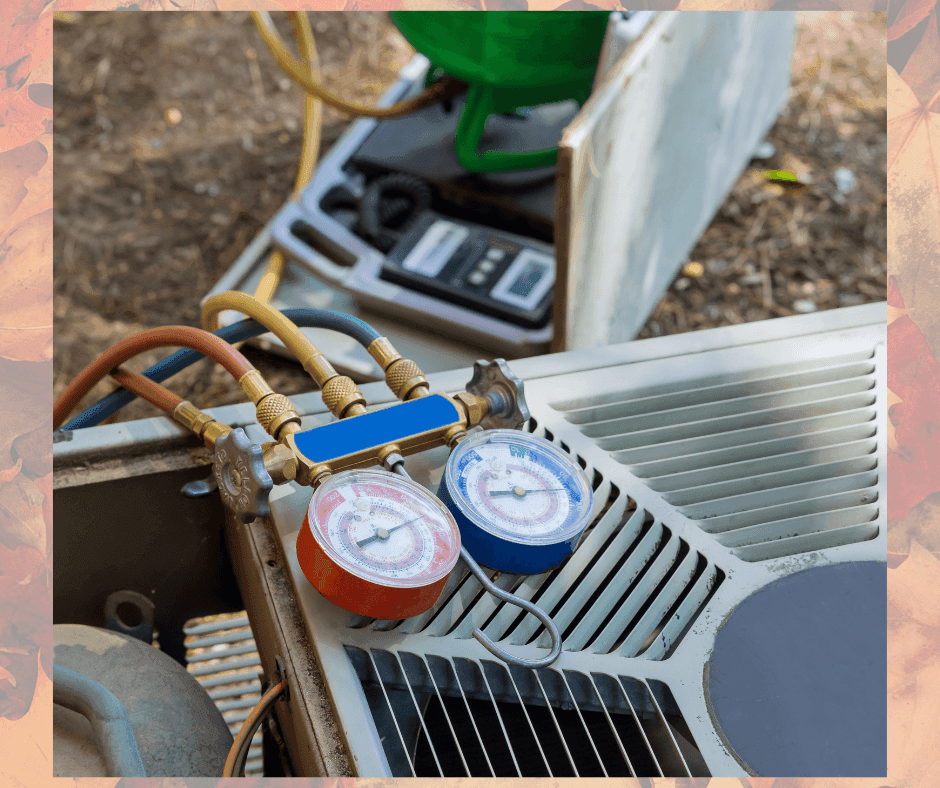Big Changes for HVAC Refrigerants in 2025: What Homeowners Need to Know
Starting January 1, 2025, the Environmental Protection Agency (EPA) will roll out new guidelines requiring lower-impact refrigerants in all newly manufactured residential HVAC systems. These changes aim to reduce greenhouse gases, protect our climate, and support a greener future. Here’s a breakdown of what this means for homeowners.

Big Changes for HVAC Refrigerants in 2025: What Homeowners Need to Know
Starting January 1, 2025, the Environmental Protection Agency (EPA) will roll out new guidelines requiring lower-impact refrigerants in all newly manufactured residential HVAC systems. These changes aim to reduce greenhouse gases, protect our climate, and support a greener future. Here’s a breakdown of what this means for homeowners.
Why the Change?
In recent years, there’s been a push to lower the environmental impact of refrigerants, which are chemicals that keep our HVAC systems running smoothly. Refrigerants with high Global Warming Potential (GWP) trap more heat in the atmosphere, accelerating climate change. Currently, many HVAC systems use R-410A, a refrigerant with a high GWP, but starting in 2025, the EPA is mandating a switch to more eco-friendly options like R-454B and R-32, which have significantly lower GWPs.
What Exactly Is GWP?
GWP, or Global Warming Potential, measures a gas’s impact on the environment by how much heat it can trap over a set period. Lower GWP means less impact on global warming. The new refrigerants, like R-454B and R-32, have a much lower GWP than R-410A, making them better for the environment.
Enhanced Safety Features for New Systems
These new refrigerants come with a slight difference: they are mildly flammable (called A2L refrigerants). While that may sound concerning, the risk is minimal because these refrigerants only ignite under very specific conditions. To keep things safe, the EPA is requiring that all new HVAC systems be built with additional safety features like leak detection systems, sensors, and flame arrestors. This added layer of protection ensures that using the new refrigerants is safe for households. Because of these changes in HVAC systems, all HVAC technicians must be specially trained on the handling of the new refrigerant and properly installing new systems.
What This Means for You: Homeowners can rest assured that new HVAC systems have been designed with advanced safety features to keep them safe and efficient.
What to Expect for Your Home and HVAC System
For homeowners, there’s no immediate need to worry. If your current HVAC system is working well, you don’t have to replace it due to this new rule. Existing systems that use R-410A can still be serviced, and parts will remain available. The R-410A refrigerant will gradually phase down until 2036, so while it may become less common, it will still be around for maintenance needs for years to come.
Regular HVAC tune-ups and seasonal check-ups can help ensure your system continues running smoothly and efficiently, extending its lifespan and keeping your home comfortable year-round.
In Summary
Starting January 2025, new HVAC systems will use eco-friendly refrigerants to help reduce greenhouse gases and protect the environment. While these changes are important for the planet, homeowners can continue to maintain their existing systems without concern. Staying informed and keeping up with regular maintenance will help ensure a smooth transition to greener technology when the time comes.
Stay tuned for more tips on keeping your home eco-friendly and energy-efficient!